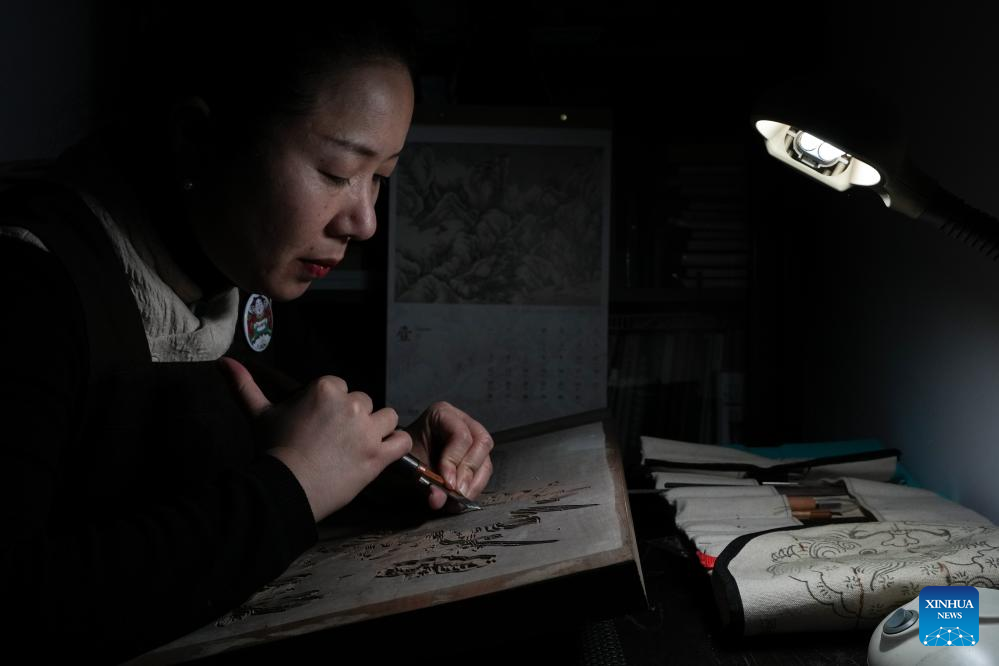
Suzhou has a time-honored tradition of displaying New Year prints during the Spring Festival.

Why Sichuan Cuisine Conquers the World:The Soul Lies in This One Seasoning
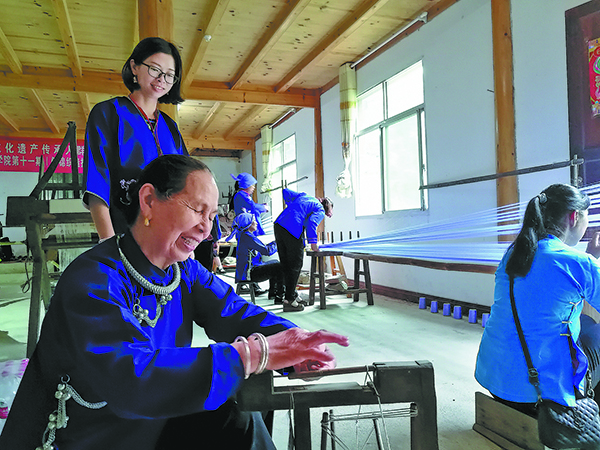
When Dong brocade was declared a national intangible cultural heritage in 2008, Ou Ruifan was elated. As a member of the Dong ethnic community in Hunan province, she felt a sense of pride that the contribution of the centuries-old craft to the country's heritage had been recognized by the authorities.
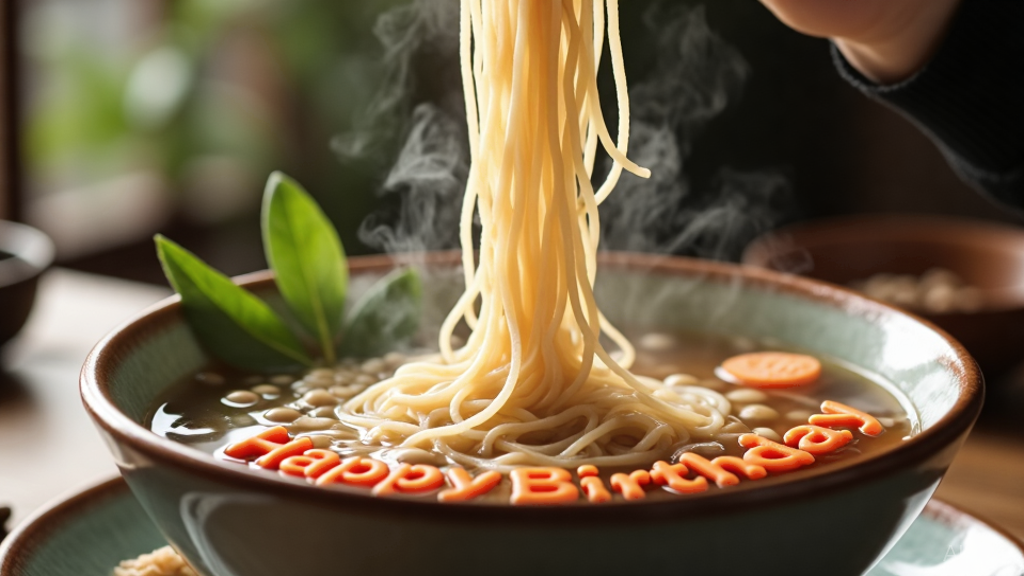
In Western culture, birthdays often mean cake, candles, and wishes. In China, there's another special food that must appear on the table — cháng shòu miàn长寿面(longevity noodles).
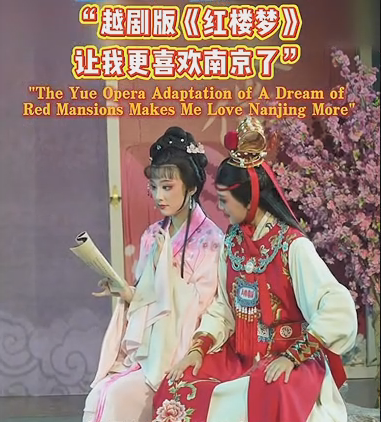
"After watching this performance, I like Nanjing even more." "If this play goes to Russia, I can help translate the subtitles into Russian." ... On the evening of July 21st, some sinologists and writers attending the 7th International Symposium on Literary Translation by Sinologists in Nanjing watched excerpts from Dream of the Red Chamber performed by the Nanjing Yue Opera Troupe.
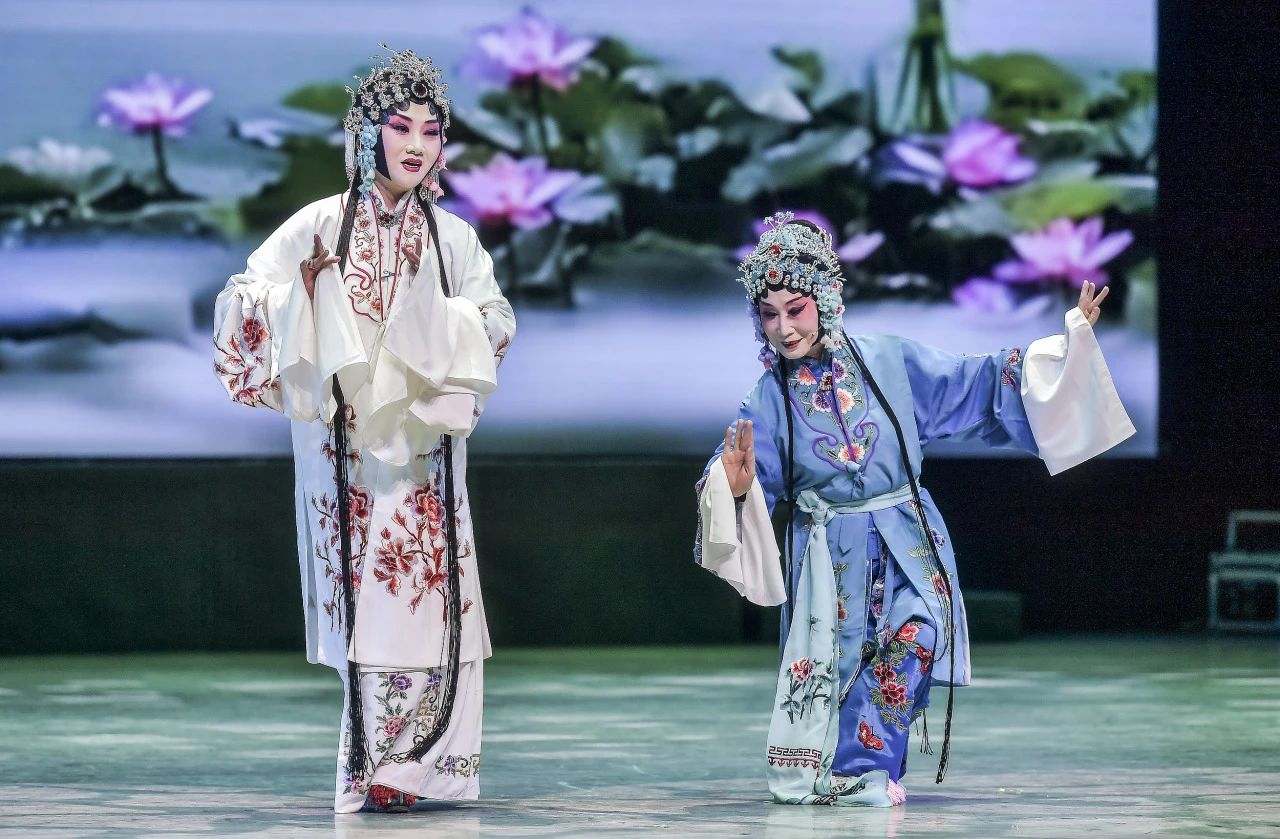
Beijing Opera, also known as Peking Opera, is a preeminent style of Chinese opera that incorporates mime, martial arts, dance, and acrobatics besides instrumental music and vocal artistry. It originated in Beijing during the mid-Qing Dynasty (1644–1911) and reached its full maturity and recognition by the mid-19th century. It has always been cherished as one of China's cultural gems.
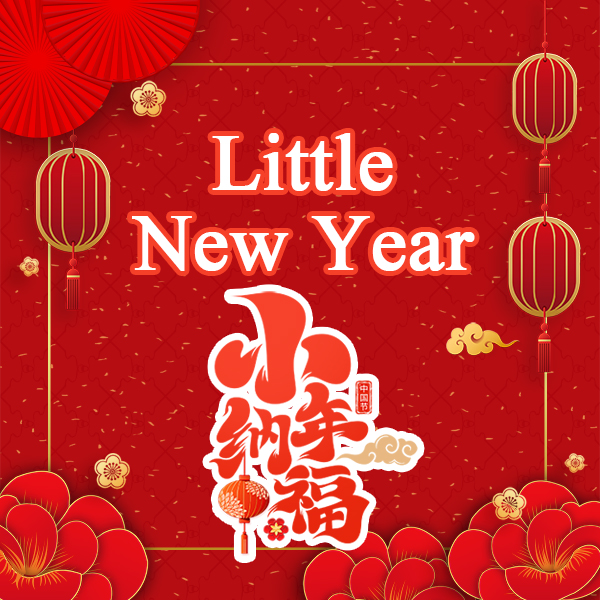
Little New Year, also known as the "Kitchen God Festival," is a traditional Chinese festival that marks the beginning of the Spring Festival celebrations. The date varies between northern and southern China: typically on the 23rd day of the 12th lunar month in the north, and the 24th in the south.
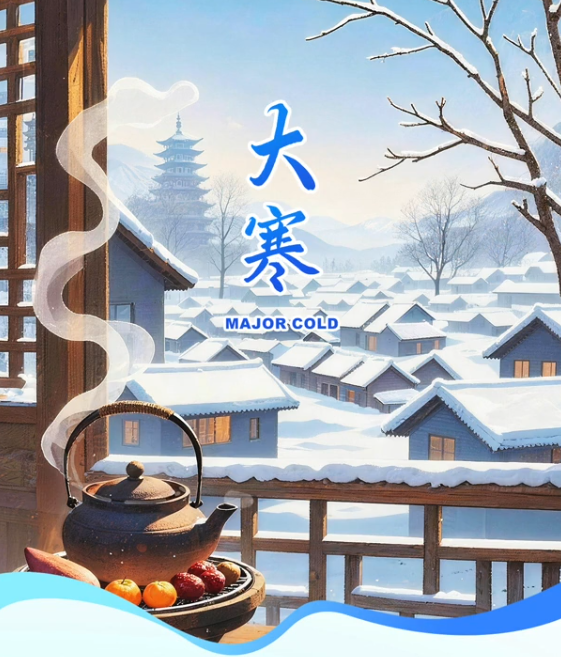
Major cold, the last solar term marks a final chapter of the year. It is nature's last pause in deep winter, and a quiet buildup for the coming spring.
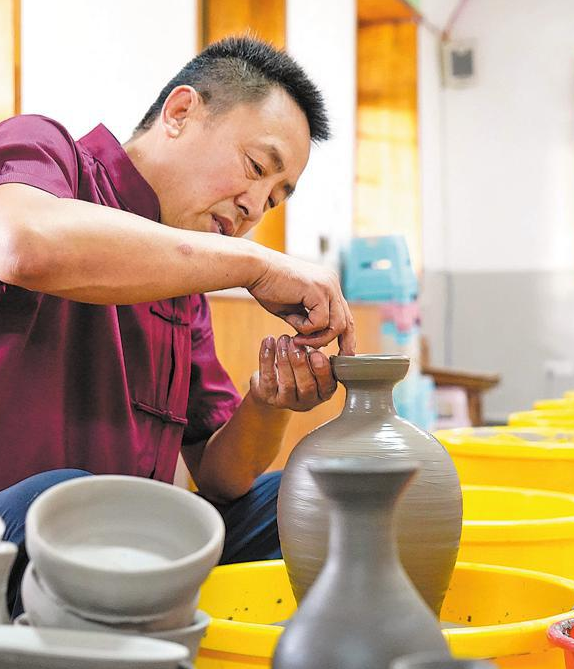
In a village in North China's Hebei province, the ancient craft of pottery is bringing new opportunities to the local community.
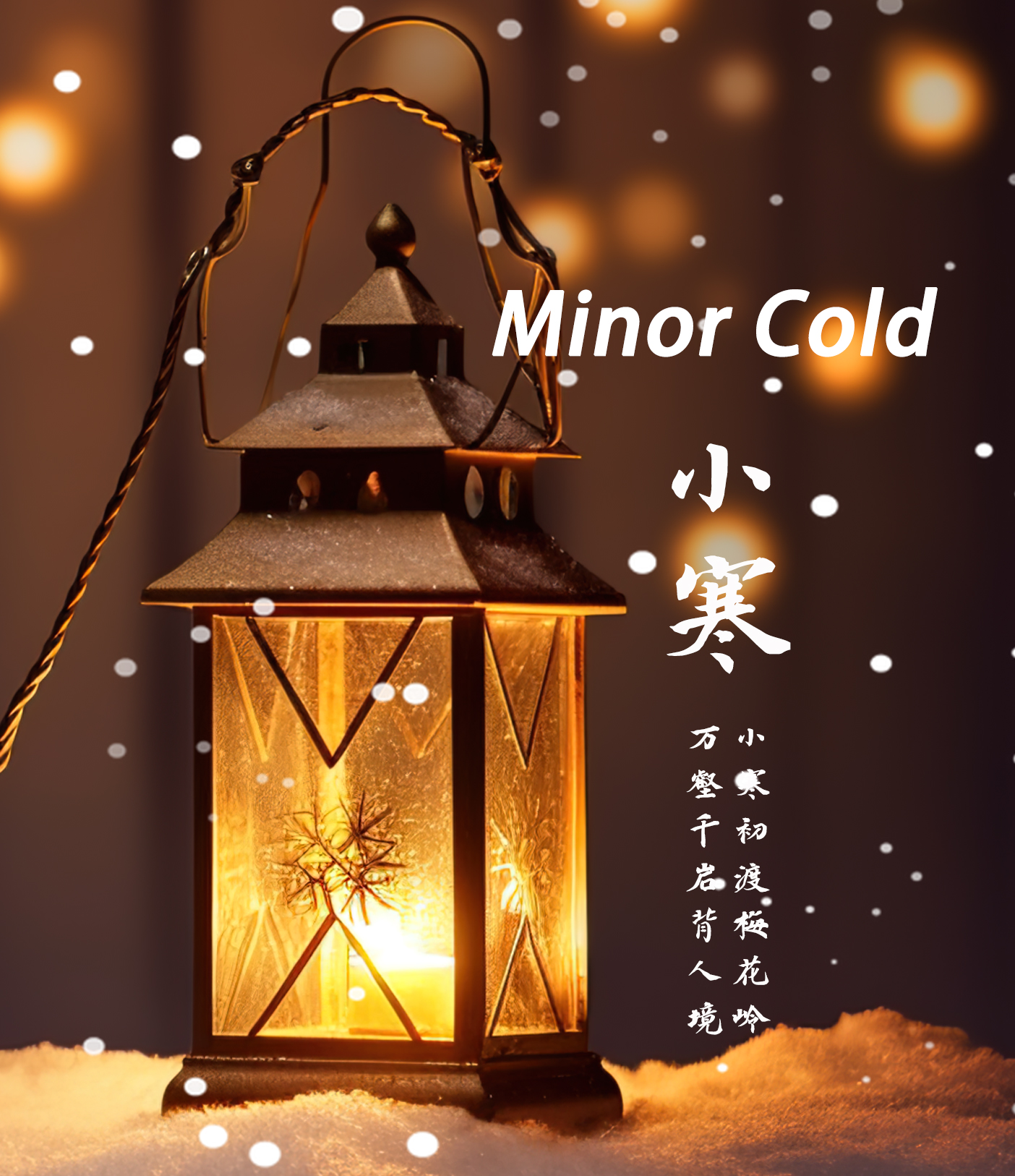
Minor Cold is the 23rd solar term of the 24 traditional Chinese solar terms, begins this year on Jan 5 and ends on Jan 20. For most areas of China, it marks the start of the coldest days of the year.
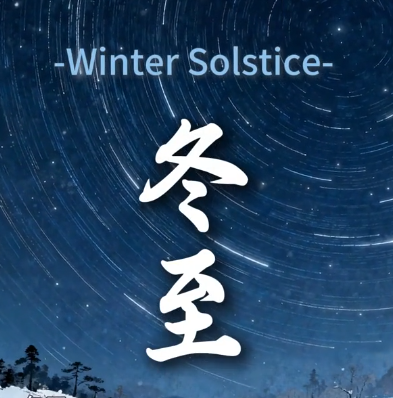
On Winter Solstice, dance between yin and yang reaches its apex. All things await their rebirth, even in the deepest hush of darkness. With wine and food, we honor those before. Beside the hearth, we keep our sweetest lore.
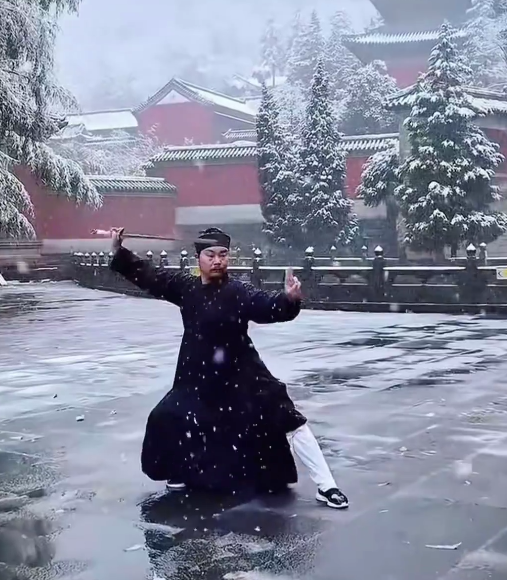
In China, martial artists often say: "Train in the coldest days of winter, and the hottest days of summer." This means one should practice diligently even during the most extreme temperatures of the year.

Major Snow , the 21st solar term of the year, begins this year on Dec 7 and ends on Dec 22.

This is Hunan Embroidery—a 2,000-year-old national intangible cultural heritage of China. Employing the unique "Pengmao Stitch," it makes fur and feathers stand out with vivid texture.
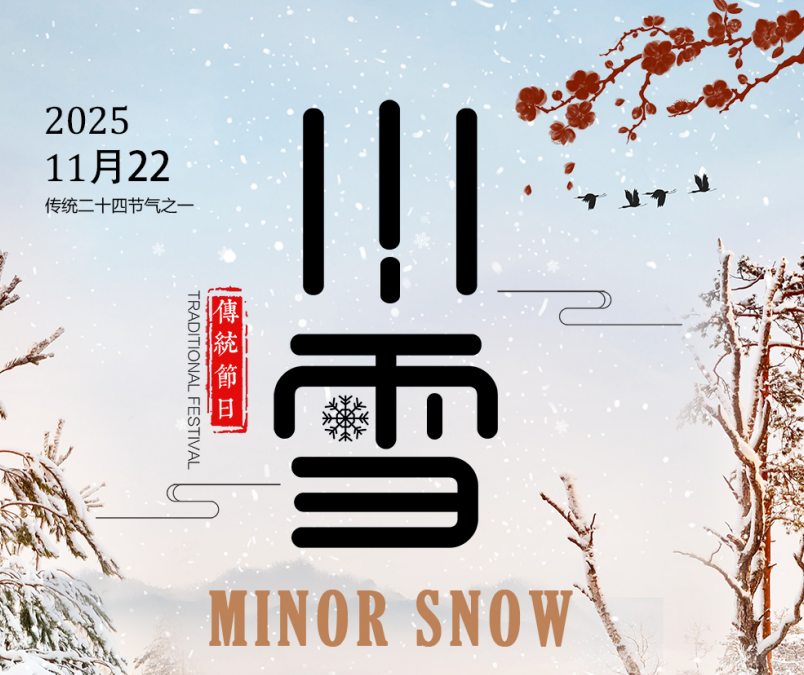
On Minor Snow, the world embraces the first chill. People pickle vegetables, store grains, and draw close to the fire's glow. It is a signal to prepare, both for winter and for warmth ahead.